Shawn Johnson:
The next issue has plenty of fuel on the campaign trail, transportation funding.
Scott Walker:
In the last budget, we gave them the largest increase in 20 years for local governments to maintain their roads and their bridges. We’re doing the same for our state highways. And you did mention, you’re right. There is a contrast. Tony said the day after the primary right here in Madison, everything’s on the table. He was asked, “Does that include a dollar a gallon gas tax increase?” He said, “Everything’s on the table.” Now in a minute, he’ll say it’s ridiculous. It’s a lie. Any number of other things out there but in the end, he’s not telling us what it is.
Tony Evers:
That is ridiculous. I’ve never said that. The governor knows I’ve not said that. He’s responding because people across the state — he’s diverting himself from the issues that he’s created. There’s a reason why our roads are in such poor condition related to other states. There’s a reason why 21% is going to debt service. Because he has not led on this issue. He has lied about many of these issues, where he’s promised one thing and then another. A couple weeks ago he said to the people in Appleton, we are going to expand highway 41, I think within a week he was saying, “Oh, my gosh. We’re not going to do that anymore.” This is not a political issue. This is about a safety issue for the state of Wisconsin.
Frederica Freyberg:
So, $1 a gallon gas tax, Tony Evers continues to say that’s ridiculous. But where did it come from?
Laurel White:
So it came from the day after the primary in Madison, he was asked would you raise the gas tax? He said, “I would consider any number of options for transportation funding.” A reporter asked him, trying to get more specifics on amounts, “Well, what about a dollar a gallon gas tax increase?” and Evers said, “Everything’s on the table.” Reiterating what he’d been saying about it.
Frederica Freyberg:
Has he ever given a different number?
Laurel White:
He hasn’t given a different number. And he has said — he spoke about it after his state of education address, he called that dollar a gallon unrealistic, ridiculous. He said that’s never going to happen. Then reporters said, Well, how much?” And he said, “I don’t know. I would need to talk with lawmakers about it.”
Frederica Freyberg:
How bad are Wisconsin roads, really, because in the debate Scott Walker was like, “They’re not that bad.”
Shawn Johnson:
There’s a couple ways you can look at it. You can look at public opinion surveys from Marquette University, for example. 64% of respondents said that roads are fair or poor. Governor Walker referenced, he pointed at that poll. He said, “Well, only 30% said they’re poor,” but that’s still 30% saying they’re poor. Another way to look at it that’s a little more detached from a public opinion survey and how you slice and dice that, the Legislative Audit Bureau. Nonpartisan Legislative Audit Bureau looked at a highway index basically and that’s not going to sway based on what you see in a TV ad or anything like that. And by that measure, they have, you know, empirically gotten worse between 2010 and 2015. So, yeah, the road quality is getting worse. There’s other measures out there that say that highways are downgrading a little bit.
Frederica Freyberg:
Meanwhile, the transportation fund does have its issues and Wisconsin needs more money for building highways and roads and maintaining them.
Shawn Johnson:
And there’s different ways you can address that. You can borrow more, but the state has kind of hit a level of borrowing where, you know, budgetarily speaking, it’s a little bit in trouble. It’s doubled under the Walker Administration almost. It’s about $0.21 of every dollar of transportation revenue goes toward paying off old debt. The governor has recently emphasized that he’s going to not approve every southeast Wisconsin mega highway project. There was a big expansion of I-94 west of Milwaukee that was a priority of the business community down there. It was slated to be expanded. And the plug was pulled on that one. So, there are different ways to deal with it. That’s one approach that the governor has taken.
Frederica Freyberg:
We’ve got 11 days left until this important midterm election. What do we think is going to happen in the next 11 days in this race for governor?
Laurel White:
It’s hard to say, of course. I think it’s going to be really interesting to see the reaction to the presidential visits that happened this week. President Trump on Wednesday. President Obama today, and how that sort of stokes enthusiasm, maybe energizes the base of both of these parties. I think that’s something that we’ve heard parties are really looking to do in the final days.
Shawn Johnson:
I’ll say just generally the unknown. We don’t know what new issue the candidates are going to inject into this debate. I mean, Tony Evers very recently started talking about proposing a 10% income tax cut for people who earn less than $100,000 or families who earn up to $150,000. That’s kind of a big deal if that were to happen. Governor Walker’s talking about two-thirds funding. He’s now cutting an ad that’s attacking Evers on immigration. Evers is going after Walker on his farm policy. Walker is doing the same. So a lot of stuff that we haven’t thought about yet is probably what’s going to happen in the next couple weeks.
Frederica Freyberg:
We’ll be seeing it wall to wall on the airwaves and our computers and in flyers in our mailboxes as well.
Shawn Johnson:
Absolutely.
Frederica Freyberg:
All right. Laurel and Shawn, thanks very much.
Laurel White:
Absolutely.
Shawn Johnson:
Thanks.
Search Episodes
Related Stories from PBS Wisconsin's Blog

Donate to sign up. Activate and sign in to Passport. It's that easy to help PBS Wisconsin serve your community through media that educates, inspires, and entertains.
Make your membership gift today
Only for new users: Activate Passport using your code or email address
Already a member?
Look up my account
Need some help? Go to FAQ or visit PBS Passport Help
Need help accessing PBS Wisconsin anywhere?

Online Access | Platform & Device Access | Cable or Satellite Access | Over-The-Air Access
Visit Access Guide
Need help accessing PBS Wisconsin anywhere?

Visit Our
Live TV Access Guide
Online AccessPlatform & Device Access
Cable or Satellite Access
Over-The-Air Access
Visit Access Guide
 Passport
Passport








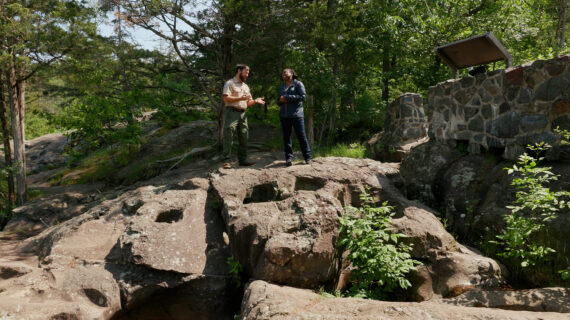
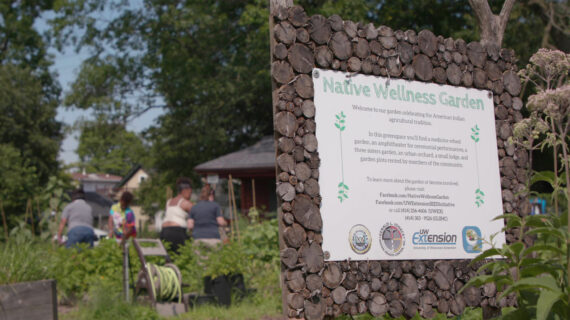


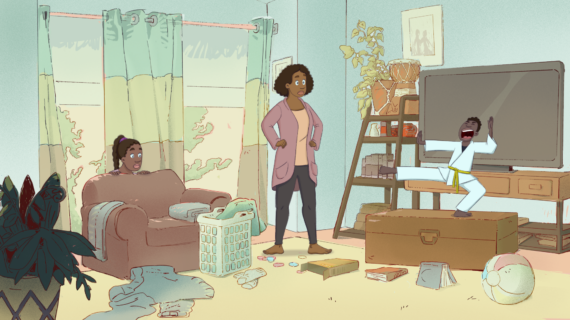
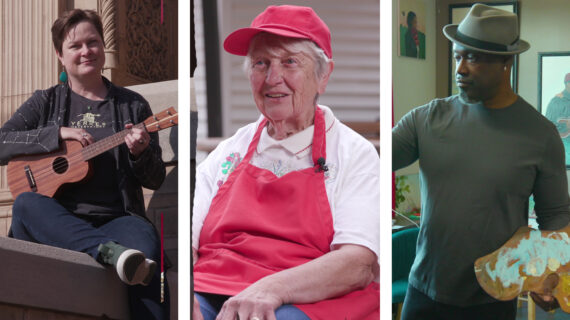
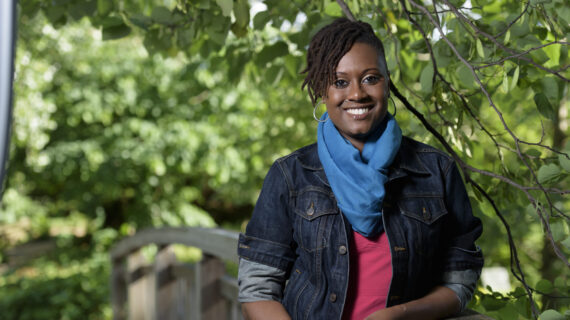



Follow Us